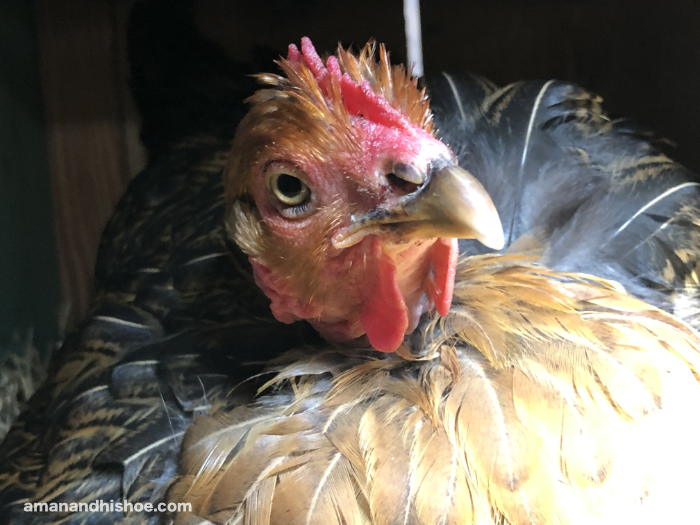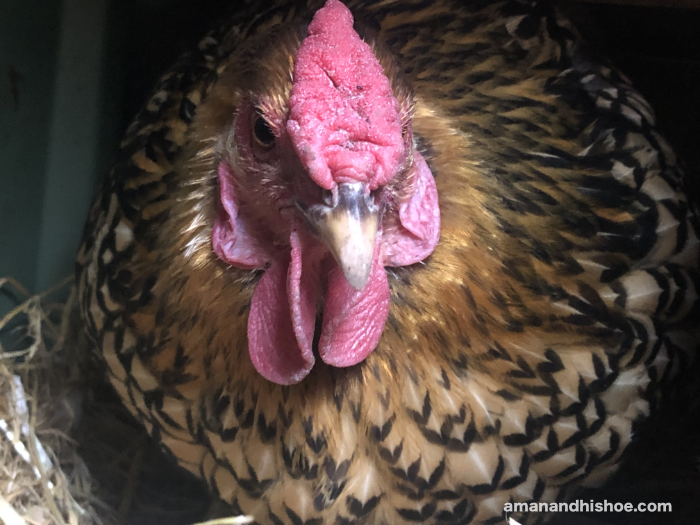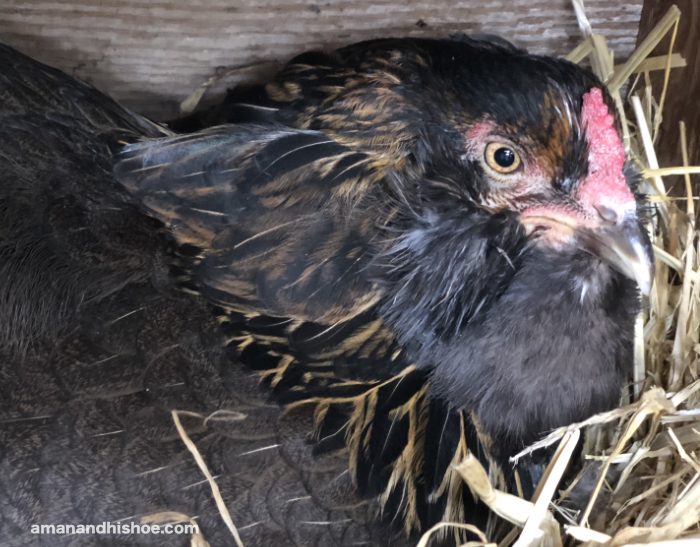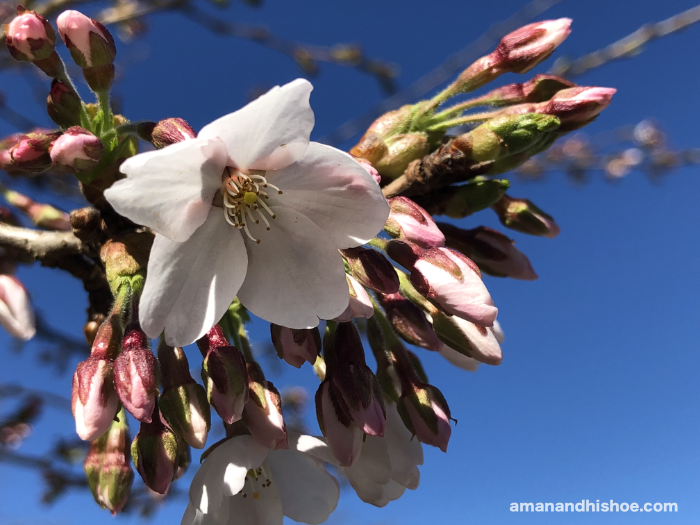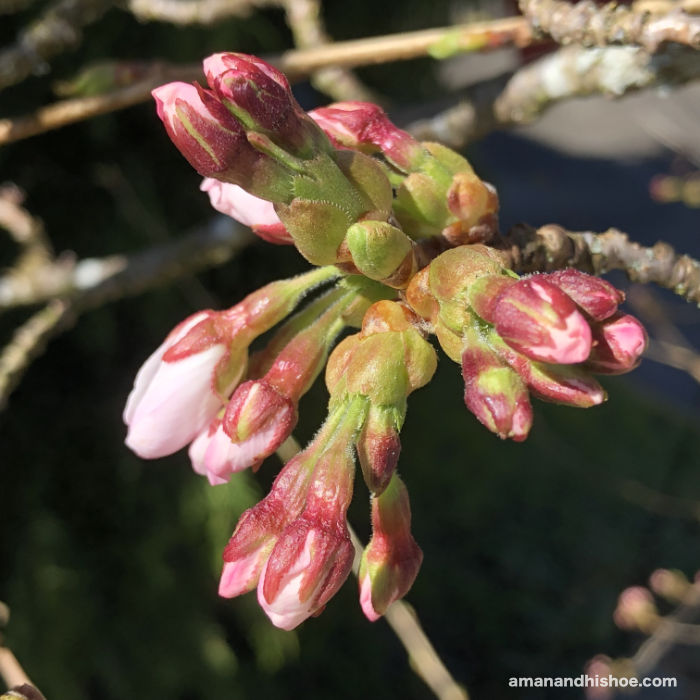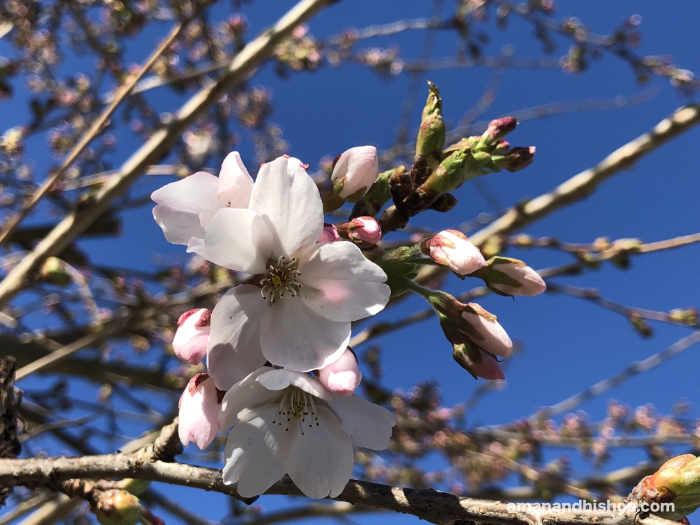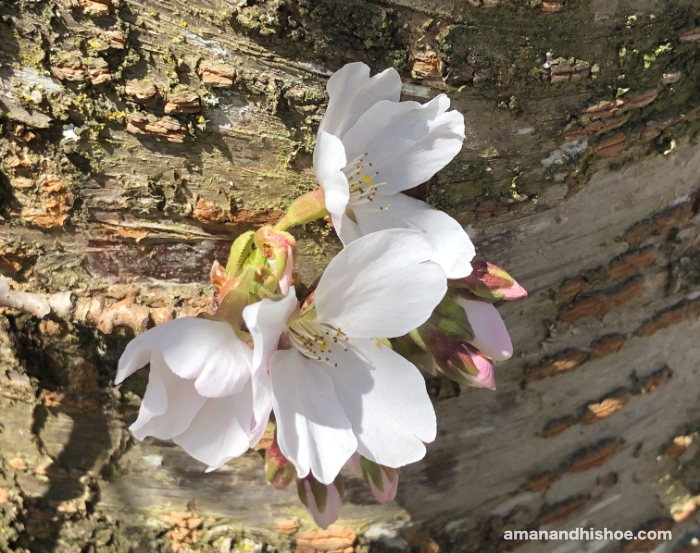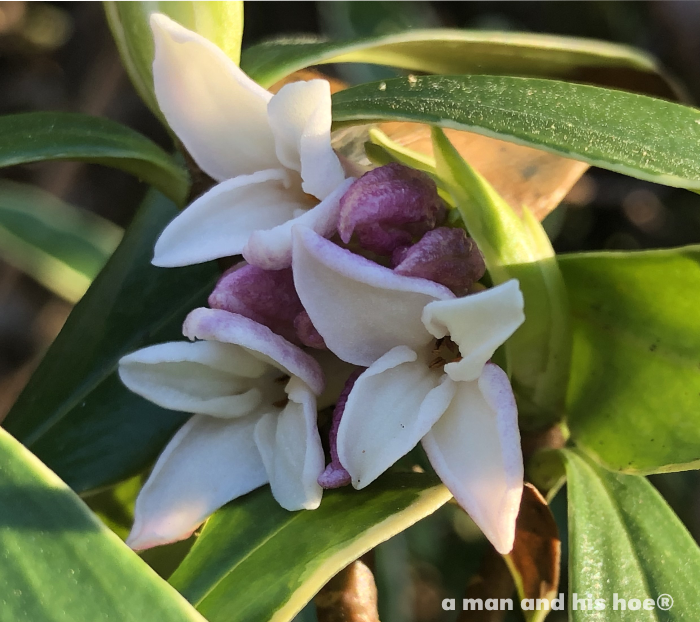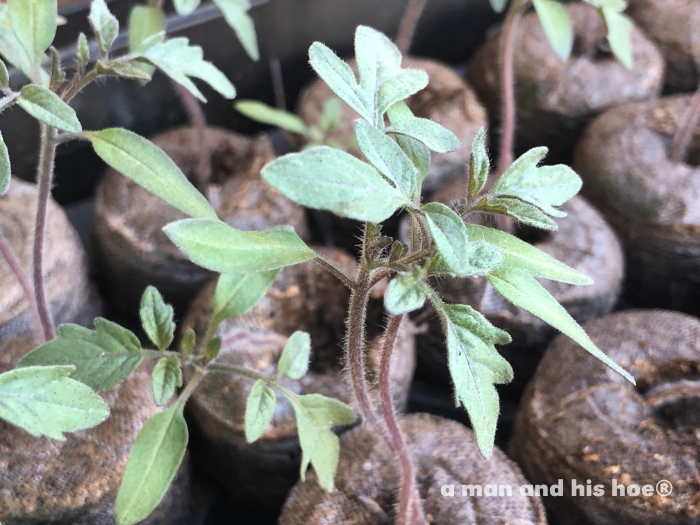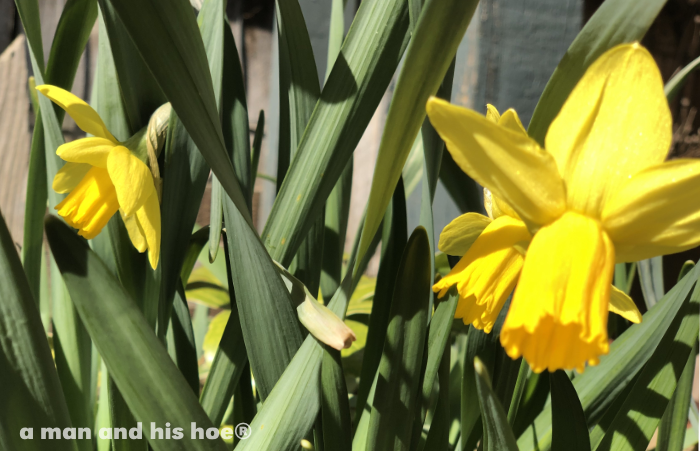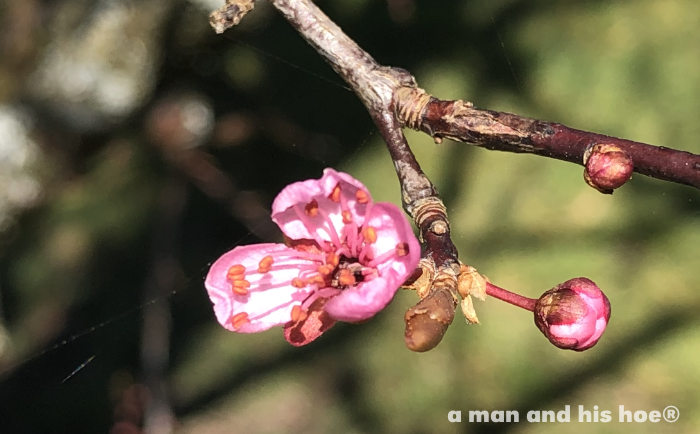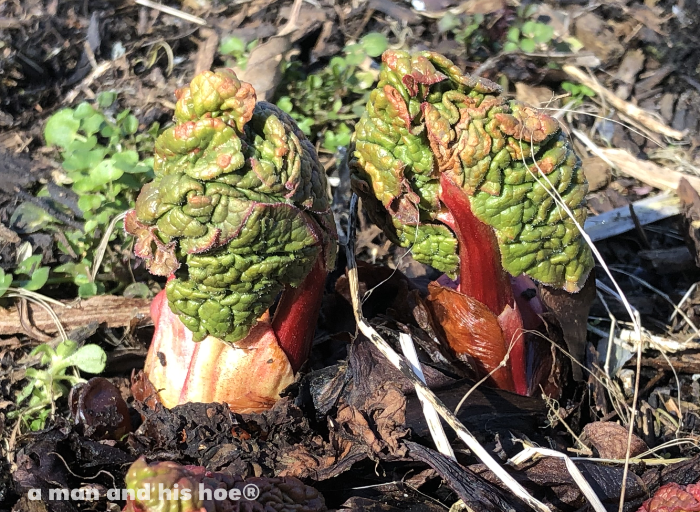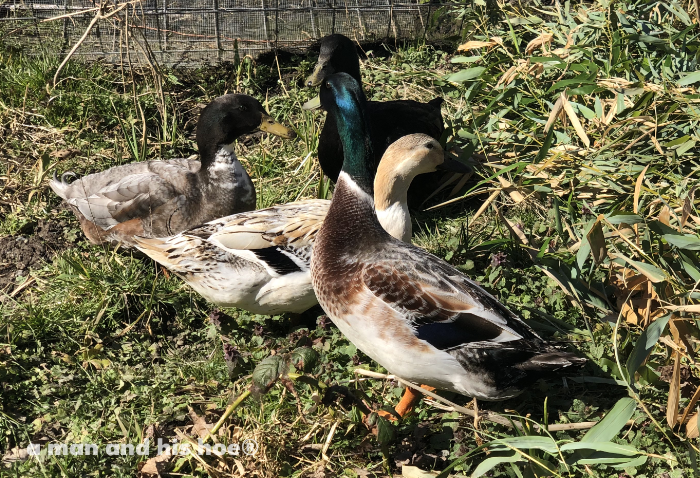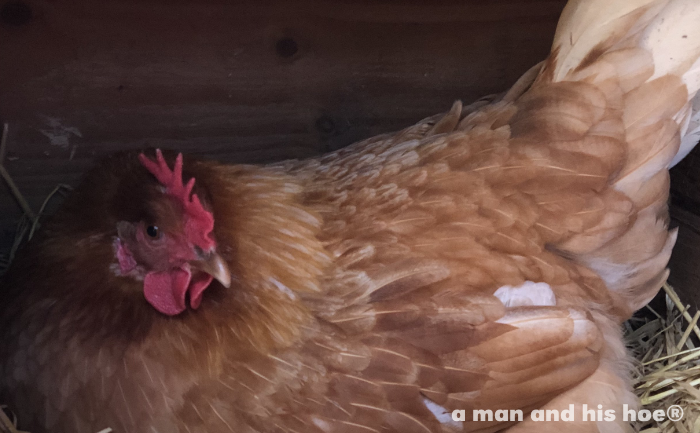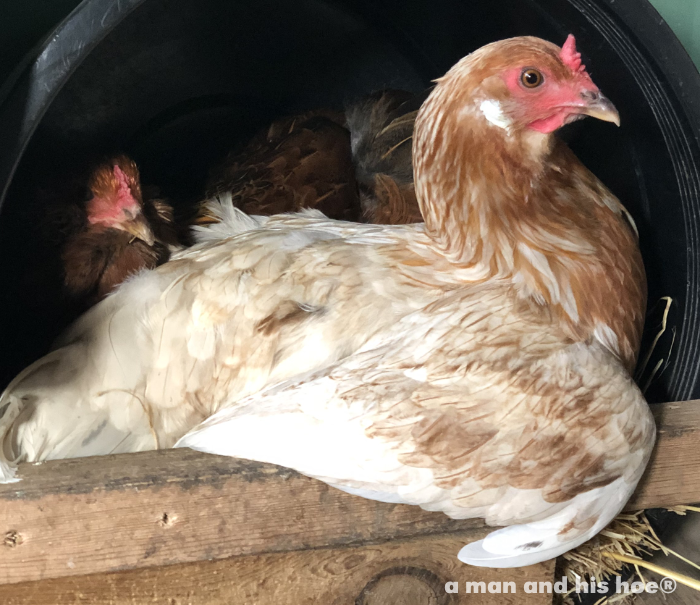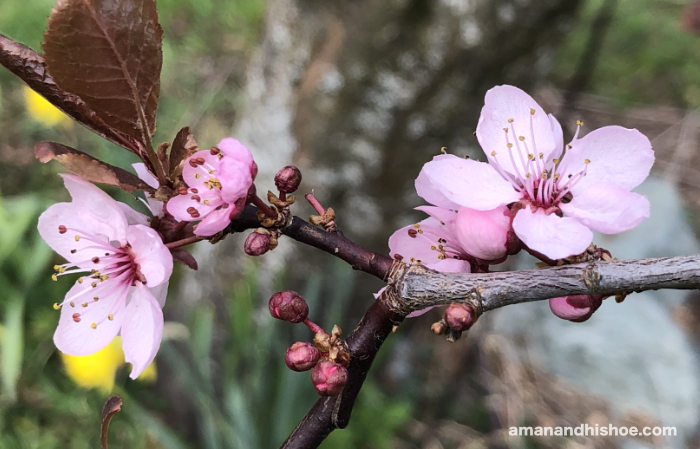
At long last, the plum blossoms are open. The cold February and early March put a damper on spring, but no more.
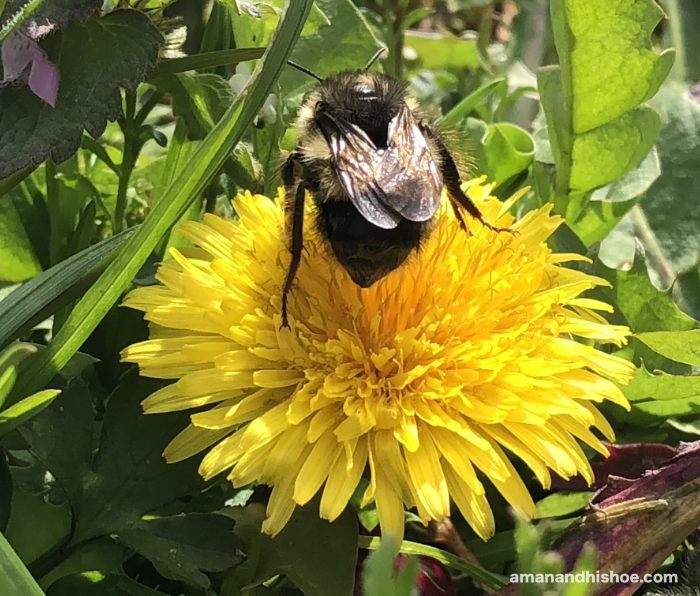
In the garden the bees are awake, digging out of their dens, and buzzing about. If they couldn’t find something to eat, they’d go elsewhere, which is why it’s a good thing to have a variety of early blooming flowers. Dandelions are hardly a weed. Their puffy yellow flowers satisfy the hunger of many a wild bee.
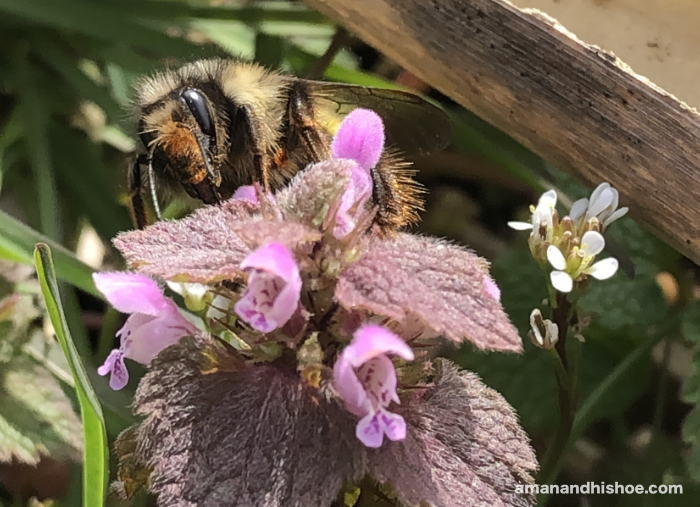
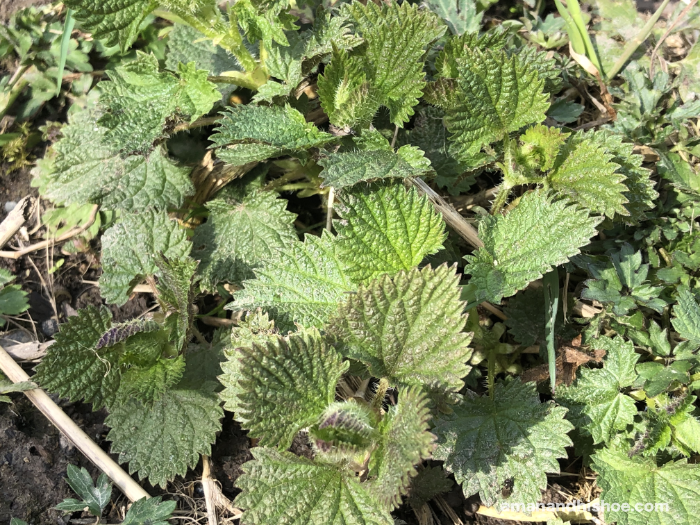
The amazing stinging nettles, Urtica dioica (worth reading about), are pushing up too. A bowl of stinging nettle tips stirred into beaten eggs make a great omelette. It takes but a few minutes of cooking to vanquish their sting. Stinging nettles are so nutritious the industrialists have banned them from supermarkets, not true really, but it does make you wonder why there aren’t heaps of stinging nettles in the grocery aisles.
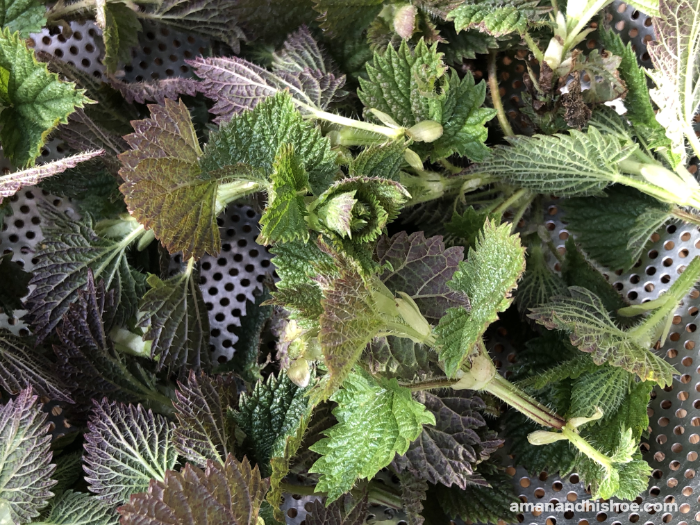
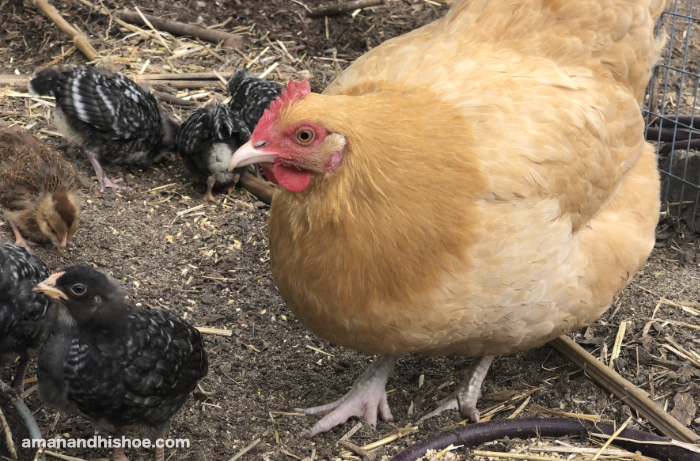
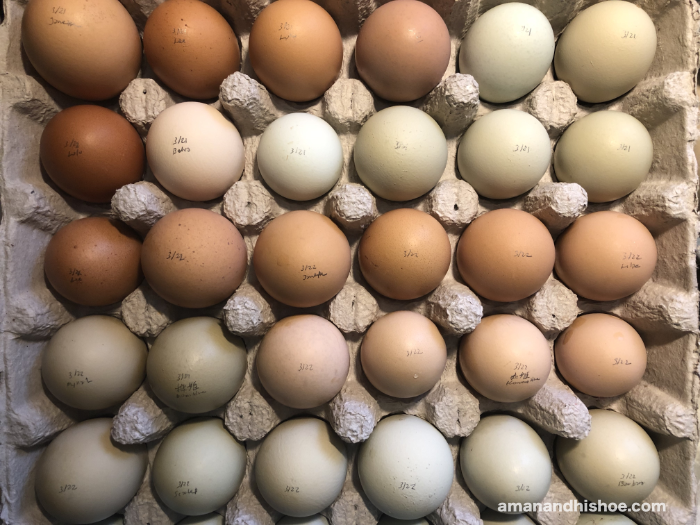
These are what non-industrial eggs look like. The variety of hues and sizes is endless. I was wondering why the industrialists love to make everything look the same, and then I realized that if every carton of eggs you saw in a store was different, it would take forever for customers to decide which carton of eggs to put in their shopping cart. Drag a few little kids with you to the store, and little Annie would be clamoring for the carton with more blue eggs in it while little Ken would be demanding the carton with the darkest eggs. Parents would hate to take their kids into the egg section of a store. Sales of eggs would drop because shoppers couldn’t make up their minds as to which eggs to buy. Have all the eggs look the same and get on with it, convince shoppers that all eggs are the same, speed the masses along, that’s the plot of the industrialists.

